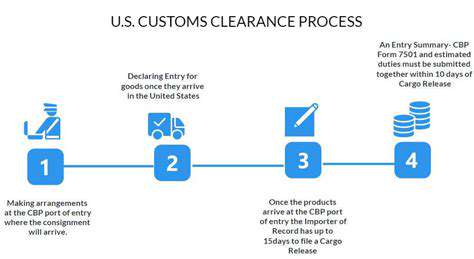Guide to Visa Requirements for New Zealanders Traveling to Asia
Visa-Free Countries for New Zealanders in Asia
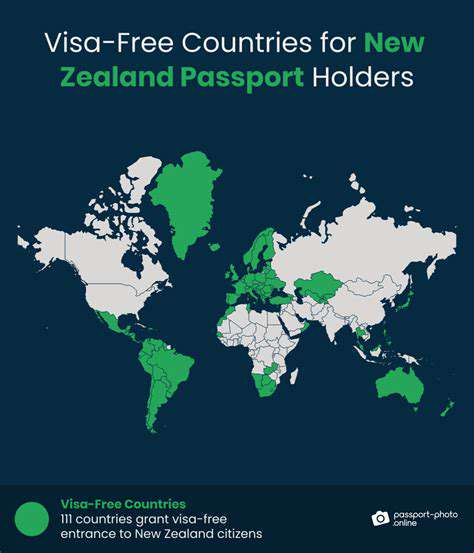
Visa-Free Travel for New Zealand Citizens
New Zealand passport holders benefit from extensive international travel privileges, with many destinations accessible without prior visa arrangements. This flexibility enables impromptu journeys and cultural discoveries across the globe. Such unrestricted access dramatically broadens the horizons for Kiwi travelers, facilitating seamless global exploration. These privileges reflect New Zealand's positive international standing and diplomatic achievements.
Numerous nations value New Zealand's reputable passport and its citizens' responsible travel conduct. This goodwill manifests in abundant opportunities for cross-cultural engagement without bureaucratic obstacles. The streamlined travel process supports both brief getaways and prolonged expeditions, empowering New Zealanders to expand their worldview through international experiences.
Europe's Accessible Destinations
Much of Europe extends visa-free entry to New Zealand nationals. This includes iconic destinations like Ireland, the United Kingdom, and numerous Schengen Area countries. Travelers can immerse themselves in historic urban centers, picturesque countryside, and stunning natural scenery without visa constraints.
The absence of visa requirements across Europe creates exceptional opportunities for cultural enrichment. Direct engagement with Europe's diverse heritage becomes remarkably straightforward through this travel arrangement. This freedom permits comprehensive European itineraries without the administrative burden of visa procurement.
Asian Gateways for Kiwi Travelers
Several Asian nations welcome New Zealand visitors without visa prerequisites. Highlights include Singapore's dynamic cityscape, Brunei's cultural treasures, and Southeast Asia's tropical paradises. These destinations offer contrasting experiences from ultra-modern metropolises to ancient spiritual sites.
Pacific Neighbors' Open Policy
Oceania's island nations typically maintain visa-free policies for New Zealand citizens. This facilitates regional mobility, enabling exploration of the Pacific's diverse island cultures and landscapes. Such accessibility significantly enhances tourism and strengthens regional connections among neighboring nations.
American Continent Accessibility
Many American countries, including Canada and the United States, permit visa-free entry for New Zealand passport holders. This grants access to extraordinary natural wonders, vibrant cities, and unique cultural encounters. Travelers should note that specific entry conditions vary significantly between countries, necessitating thorough pre-trip verification.
African and South American Considerations
While select African and South American destinations offer visa-free access, their entry regulations tend to be more complex and frequently updated. Comprehensive research into each country's current requirements is essential before finalizing travel plans. Careful preparation ensures smooth border crossings throughout these regions.
Essential Travel Documentation and Preparation
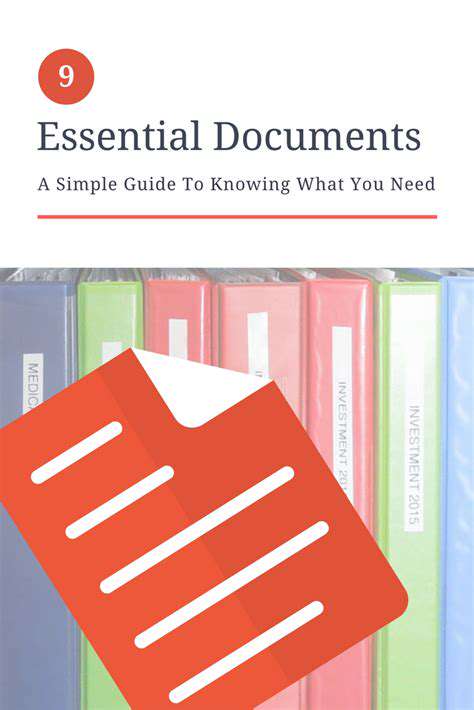
Crucial Travel Documents
Proper documentation forms the foundation of successful international travel. This includes valid passports, travel insurance policies, and necessary health certifications. Complete and accurate paperwork ensures hassle-free border crossings and compliance with local regulations. Digital copies stored securely online provide valuable backups.
Organizing documents systematically prevents last-minute stress. Consider creating a dedicated travel folder containing printed copies and digital versions accessible from multiple devices. This preparation minimizes potential complications during your journey.
Financial Preparation Strategies
Thoughtful budgeting enhances travel experiences. Estimate costs for accommodations, transportation, activities, and unexpected expenses. A detailed financial plan enables better decision-making and prevents overspending during trips. Research currency exchange options and notify your bank of travel plans to avoid card issues abroad.
Multiple payment methods provide security. Carry a mix of cash, credit cards, and digital payment options. Understanding local payment customs ensures smooth financial transactions throughout your travels.
Health and Safety Considerations
Research destination-specific health requirements, including recommended vaccinations and local health risks. Pack appropriate medications and verify insurance coverage for international healthcare. Register with your embassy when visiting high-risk areas for added security.
Itinerary Planning Techniques
Develop flexible travel schedules that balance must-see attractions with spontaneous exploration. Realistic timelines prevent exhaustion and allow for unexpected discoveries. Research local transportation options and download offline maps for navigation without data connections.
Cultural Preparation
Learn basic local phrases and study cultural norms to show respect. Understanding etiquette regarding dress, tipping, and social interactions enhances travel experiences. Research current events to avoid potentially unstable areas during your visit.
Communication Strategies
Establish reliable communication methods before departure. Clear communication plans with travel companions and family back home ensure safety and coordination. Consider purchasing local SIM cards or international data plans for consistent connectivity.
Visa Application Guidance
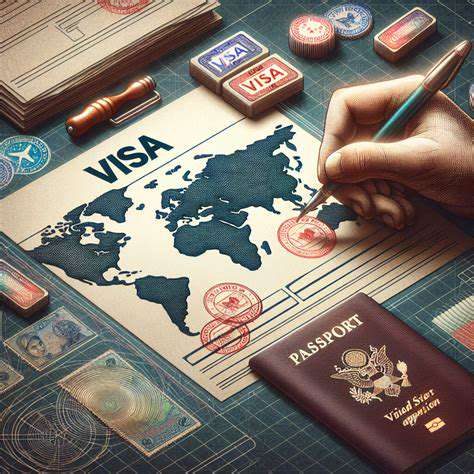
Researching Visa Specifications
Comprehensive research forms the cornerstone of successful visa applications. Identify the appropriate visa category based on your travel purpose, whether tourism, business, or education. Meticulous attention to detail prevents unnecessary delays or rejections. Verify passport validity periods and specific document requirements for your destination.
Special circumstances may require additional documentation. Employment visas often need company letters, while student visas require acceptance confirmations. These specialized requirements frequently cause confusion but are critical for approval. Consult official government sources for the most current information.
Document Compilation Process
Organize required materials systematically. Common requirements include passport photos, financial statements, and travel itineraries. Proper document organization streamlines the application process significantly. Create checklists to ensure no essential items are overlooked during preparation.
Verify all information for accuracy. Passport expiration dates should exceed your planned return date, and financial documents must reflect current balances. Discrepancies in documentation represent common reasons for visa denials. Allow sufficient time for document acquisition and verification.
Application Form Completion
Approach visa forms methodically. Read instructions thoroughly before beginning and complete sections in order. Incorrect or incomplete information jeopardizes application success. Double-check all entries against supporting documents for consistency.
Seek professional assistance for complex cases. Immigration consultants can provide valuable guidance for unusual circumstances or challenging requirements. Their expertise often proves invaluable for navigating complicated visa processes.
Interview Preparation Tactics
Anticipate common consular questions regarding travel plans, financial means, and ties to your home country. Practice clear, concise responses that align with your documentation. Confident, consistent answers demonstrate credibility during interviews.
Prepare supporting materials for the interview. Bring originals of all submitted documents and any additional evidence that strengthens your case. Thorough preparation minimizes interview stress and improves outcomes.
Application Monitoring
Track processing timelines through official channels. Processing durations vary significantly by country and visa type. Proactive status checks enable timely responses to requests for additional information.
Address issues promptly if they arise. Contact the appropriate consular office immediately about any problems. Early intervention often resolves complications before they escalate.


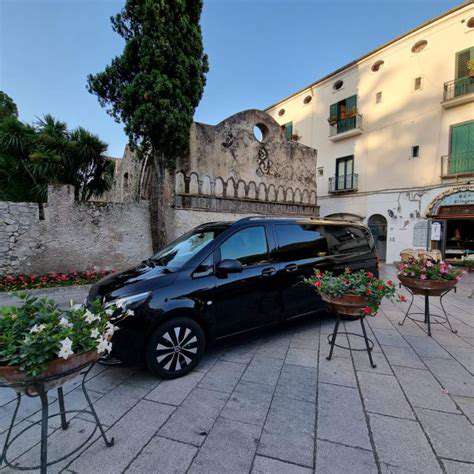

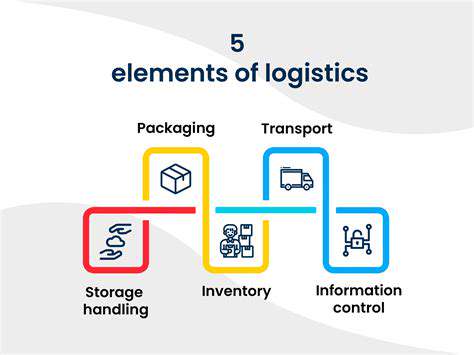
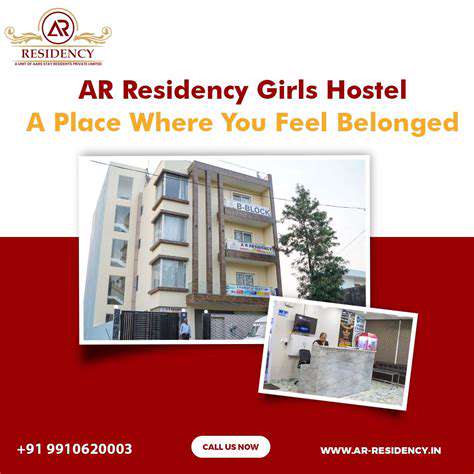


![Best Trails for Mountain Biking [Destinations]](/static/images/27/2025-05/BritishColumbia27sCoastalTrails3AAPacificNorthwestEscape.jpg)
![How to Use Airport Lounges [Even Without Business Class]](/static/images/27/2025-06/StrategicPartnershipsandGuestPasses.jpg)
![Experiencing Indigenous Cultures Around the World [Ethical Guide]](/static/images/27/2025-06/ResponsibleTourismPractices.jpg)
